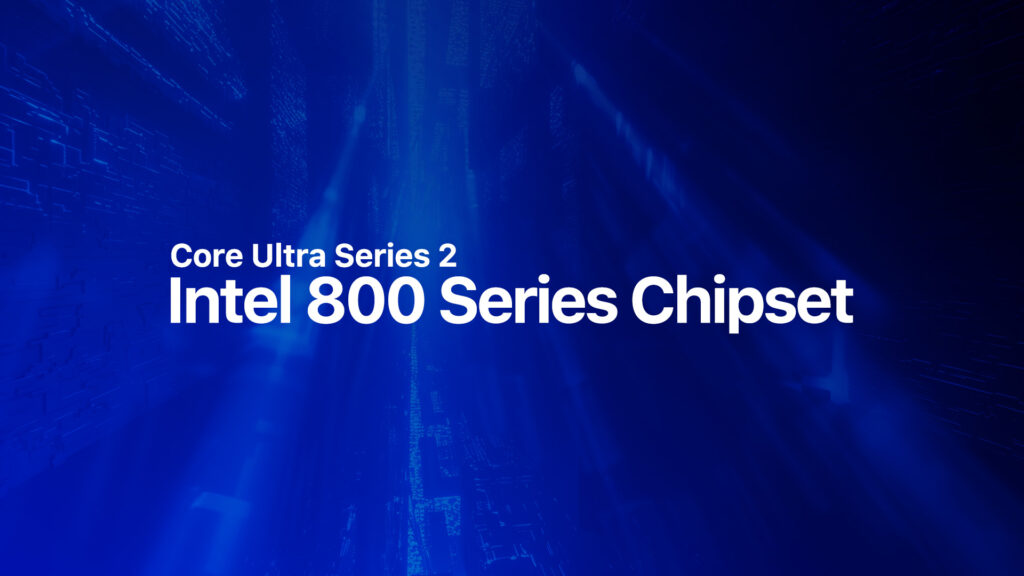Intel’s 800-Series Chipset: What You Need to Know
7/07/2024
Let’s dive into the details of Intel’s upcoming 800-series chipset,
which promises exciting improvements for PC enthusiasts and gamers.
Intel’s 800-Series Chipset: What You Need to Know
1. LGA1851 Socket and Z890 Motherboards
- The LGA1851 socket will debut with Intel’s 800-series chipset, specifically on Z890 motherboards.
- Compared to the older LGA1700 socket, LGA1851 boasts 151 additional pins. These extra pins primarily enhance support for PCIe 5.0 SSDs.
- With LGA1851, 800-series boards can accommodate a full-bandwidth PCIe 5.0 x16 slot for your graphics card alongside a PCIe 5.0 x4 NVMe SSD simultaneously. This is a significant improvement over the current configuration.
- Additionally, the CPU itself can directly support a secondary PCIe 4.0 x4 SSD.
2. Socket Dimensions and CPU Cooler Compatibility
- The X, Y, and Z dimensions of the LGA1851 socket remain the same as the LGA1700, ensuring compatibility with existing motherboard mounting holes.
- However, the dynamic pressure maximum has nearly doubled, from 489.5 N to 923 N. As a result, LGA1851 CPUs will require more downward pressure from CPU coolers.
- Many coolers will need LGA1851-specific mounting kits due to this increased pressure requirement.
3. Intel’s 800-Series Chipset Lineup
- The 800-series chipset includes several variants:
- Z890: The flagship chipset for high-end unlocked Arrow Lake-S desktop CPUs.
- W880: Targeted at workstations.
- Q870: Designed for enterprise devices.
- B860 and H810: Aimed at consumers.
4. Memory Support
- All top motherboards in the 800-series family feature support for up to DDR5-6400 memory.
In summary, Intel’s 800-series chipset brings exciting advancements, especially with the LGA1851 socket and improved SSD support. Gamers and PC enthusiasts can look forward to enhanced performance and compatibility. Remember to keep an eye out for Z890 motherboards when these chipsets hit the market! 🚀

